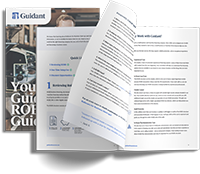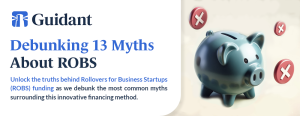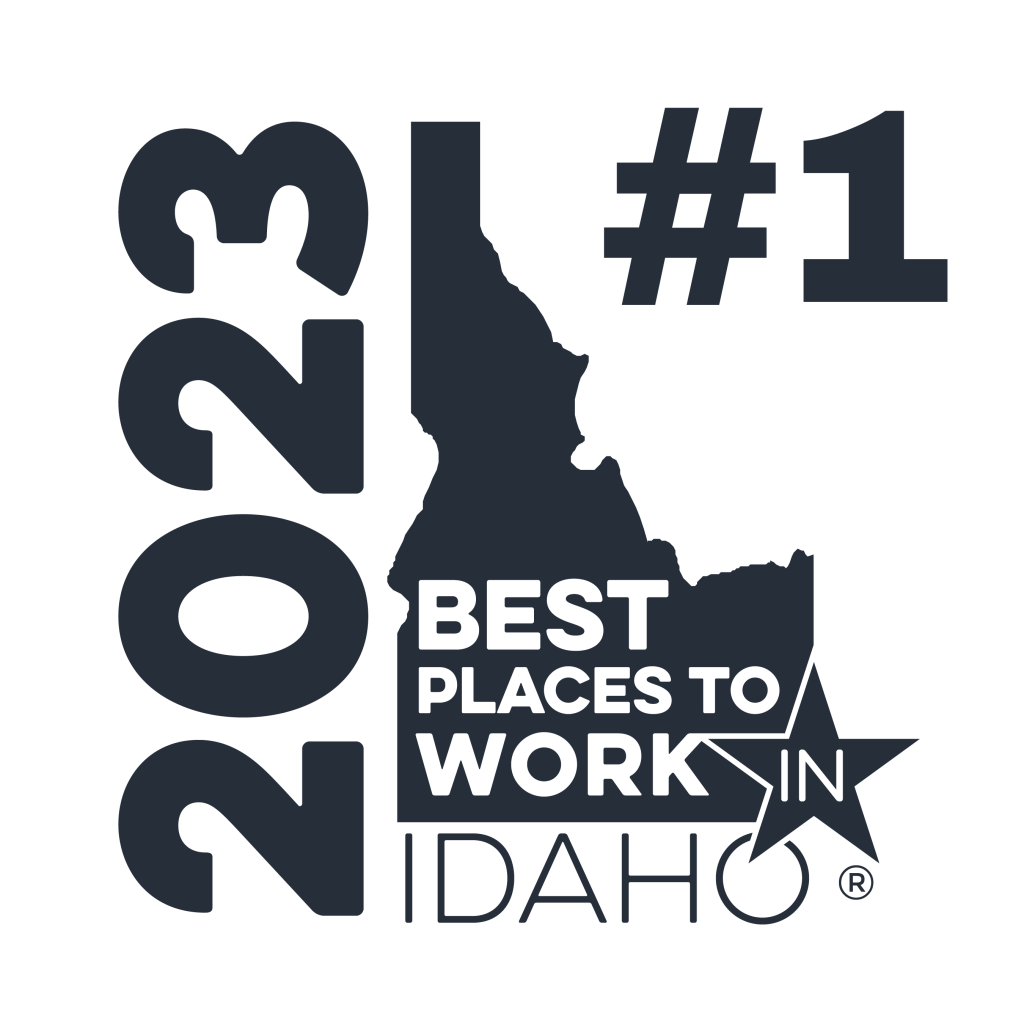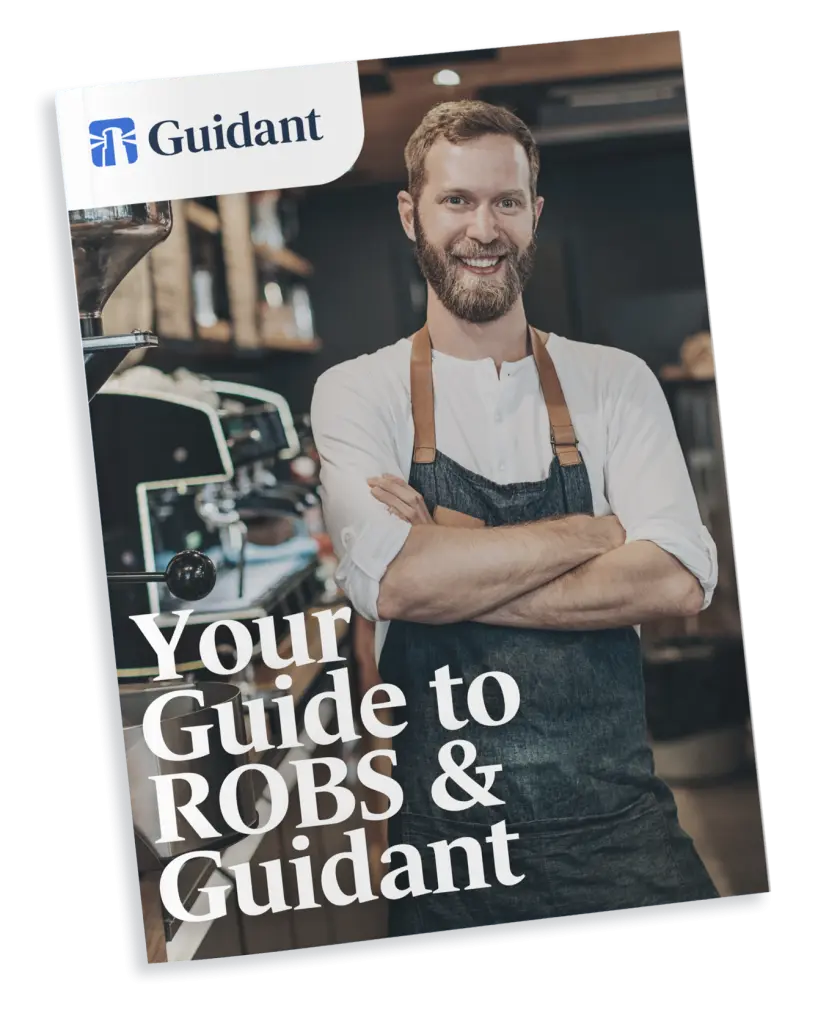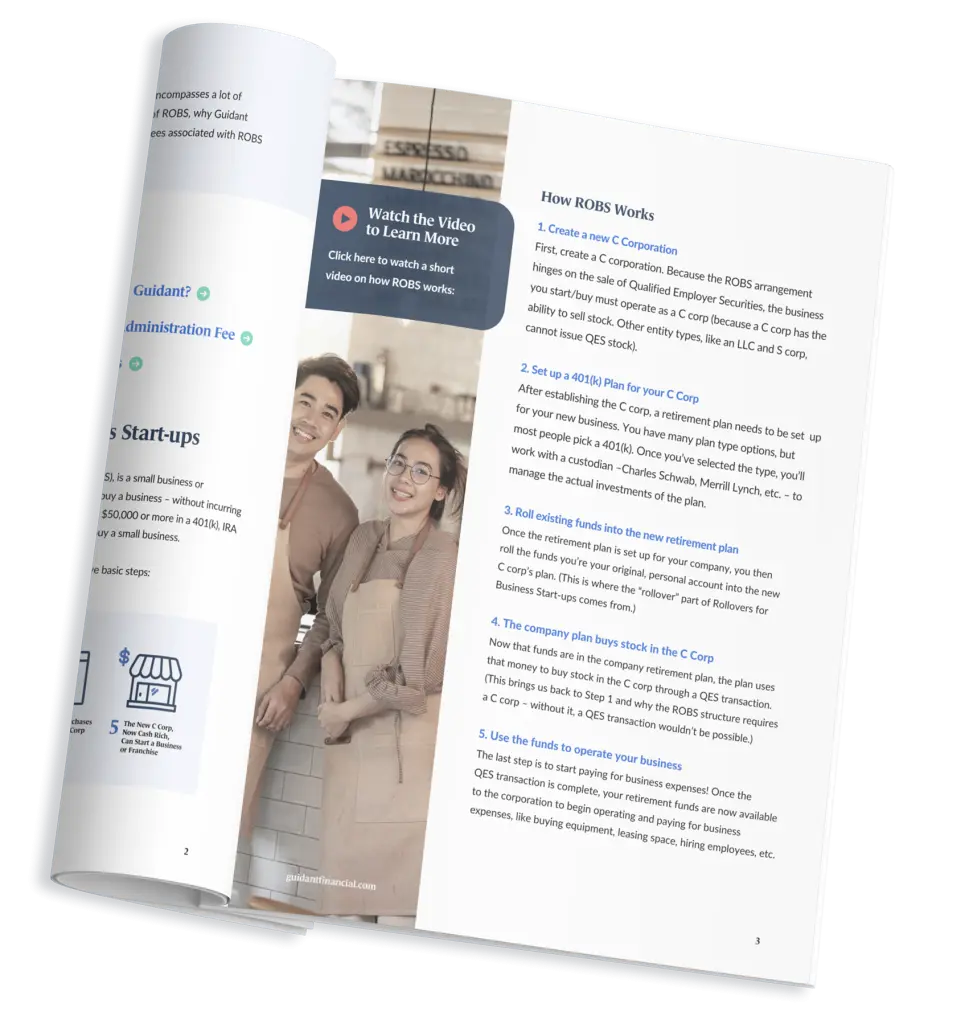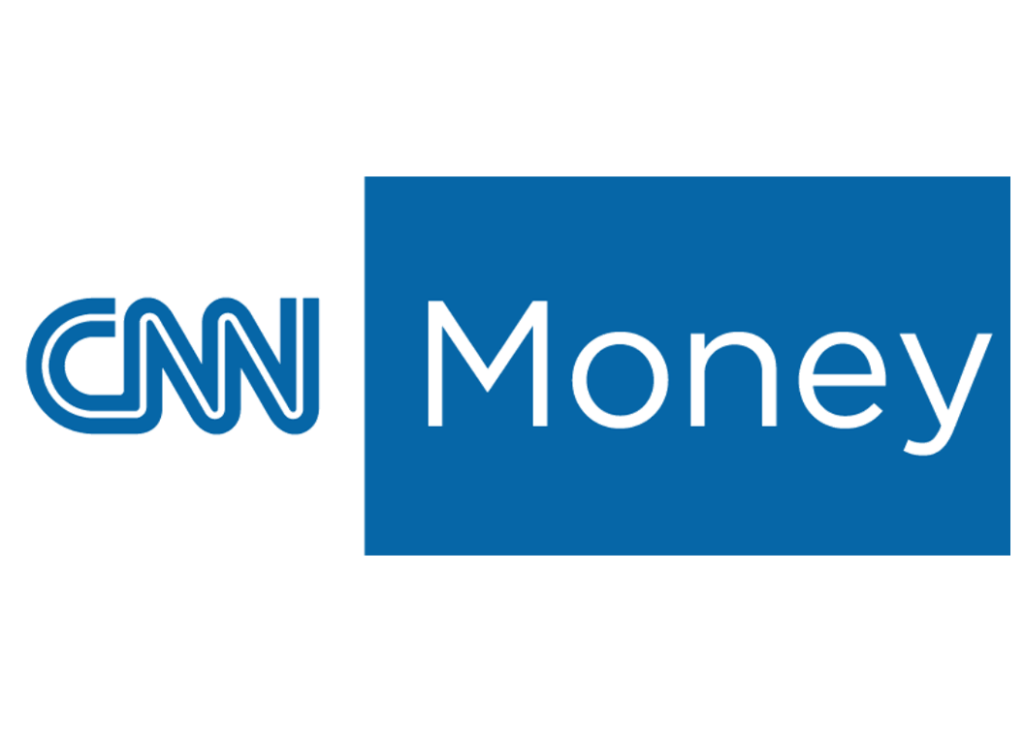An increasing number of entrepreneurs are funding their small business or franchise with their retirement funds without taking a taxable distribution or getting a loan. Starting debt-free is just one of the advantages of using Rollovers as Business Startups (ROBS), the financing method mentioned above. These advantages do come with some requirements, however. One requirement concerns whether you should be paying yourself a salary.
The short answer? Yes, you can (and in many cases, should!) be paying yourself a salary.
For the long answer, keep reading.
What determines whether or not I can pay myself a salary?
There are many regulations in place to ensure that 401(k) and other retirement plans aren’t being abused by either employees or employers via ROBS. For your convenience, we’ve distilled these laws into five key pillars that must be adhered to.
- Client’s Duty of Prudent Investment
- Adequate Consideration for Fair Market Value
- The Corporation is an Operating Company
- Employer Must Not Discriminate Against NHCEs
- All Rollover Participants Must Be Bona-Fide Employees
It’s the first and last pillars that influence your ability to take a salary.
Client’s Duty of Prudent Investment: Don’t Take the Money and Run
Remember your corporation’s retirement plan? It was established when you created your corporation, and we used it to roll over your retirement funds from your personal retirement account into your corporation. Your corporation’s retirement fund then purchased stock in your company — that’s how we freed up your funds penalty-free.
But you can’t just use those new funds recklessly. This is very clear in IRS § 4975(d)(13), but there is a parallel provision in ERISA referred to as the “exclusive benefit rule.” This rule says that the only reason someone should invest their retirement assets into a business is that they believe it’s a prudent and judicious investment. This means that when your corporation’s retirement fund purchased stock in your corporation, you declared your new corporation to be a prudent and judicious investment.
As a result, as the leader of your corporation, you need to use those new funds prudently and with care.
In other words, this first pillar of ROBS means that you, the business owner, as fiduciary and trustee of your corporation’s retirement plan, must always act in the best interest of the corporate retirement plan and its beneficiaries at all times.
Okay, but what does this have to do with paying a salary?
Let’s say you receive your funds and begin paying yourself a generous salary. If your business isn’t generating a lot of revenue yet, your generous salary could harm your business’s operations. That salary would be neither a prudent nor a careful use of those funds.
All Rollover Participants Must Be Bona Fide Employees: No Silent Investing!
Imagine you roll over your funds and start a business with your friend, who has always dreamed of starting a wine bar. Once the money is available in the company account, you take a step back and leave the operations entirely up to your friend.
What makes this scenario different from a very generous tax-free gift to your friend? Not much, according to the IRS and DOL. That’s why this scenario is a no-go.
To ensure that you’re genuinely using the ROBS arrangement to start a business and not just passing the money along to someone else (or silently investing), you need to be an active employee in the business.
The last ROBS pillar states that the individual who completes the 401(k) rollover must also be a bona fide employee of the business they start or purchase, providing an actual service to the business such as administrative duties or performing the role of CEO.
If you need to qualify as an employee, wouldn’t that make a salary required?
Not necessary. The test used to determine if you’re an employee is the “common law employee” analysis. This test involves an in-depth review of 20 different factors that are identified in IRS Rev. Rul. 87-41. None of these factors require payment of a salary!
While you may hear other ROBS providers assert that 401(k) business financing requires business owners to pay themselves a salary, there is no legal requirement that a bona fide employee must be compensated in order to qualify. You might even recall that in 1979, Lee Lacocca served as President, CEO, and Chairman for Chrysler in exchange for compensation of only $1.00. He was still highly regarded as a bona fide employee.
Finding Balance Between Pillars One and Five
Pillar Five requires that you be an employee of your company. One of the easiest ways to prove you are working for a company is by paying yourself a salary.
Pillar One requires that you spend your rollover funds wisely and in the best interest of the retirement plan.
This means you need to find a balance between paying yourself a minimum salary and not paying yourself too much. This strategy keeps you in compliance until your business has regular, reliable revenue.
Guidant’s Approach to Paying Yourself a Salary When Using ROBS
It’s common practice for many entrepreneurs who use ROBS to pay themselves a salary.
The final factor in the salary discussion is how much you should pay yourself. The requirement is that any salary taken must be “reasonable,” which translates into a salary that is not excessive given the nature of the business, the responsibilities of you as the employee, and the services provided to the corporation by that employee.
Typically, we don’t encounter problems with ROBS clients taking an excessive salary — instead, some clients are reluctant to take any salary at all. This can also be problematic as we recommend our clients defer a portion of their salary into their corporation’s 401(k) plan. Such salary deferrals confirm that the plan is being used for its intended purpose: as a vehicle to generate retirement savings.
The Final Verdict: Paying Yourself a Salary is Acceptable, But Not Required
Paying yourself a salary is not a requirement of the ROBS transaction, but it is common practice that necessitates ensuring it’s done properly. As long as you are a bona fide employee of your business and operate in your 401(k) plan’s best interest, paying yourself a salary can be an added bonus that offers further financial freedom to individuals looking to grow their retirement assets by investing in a small business. We suggest working with an independent tax or legal professional at all times to help you make the best decisions for you.
Guidant Financial has helped thousands of individuals start or buy the small business of their dreams using their retirement funds tax penalty-free, allowing them to create the life they want while improving their retirement outlook. Want to see if you qualify for ROBS? Take our online assessment now to find out.

